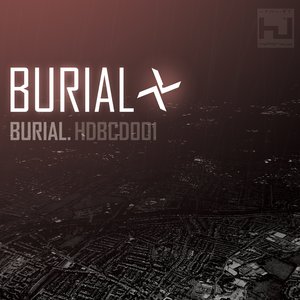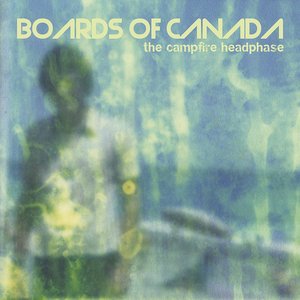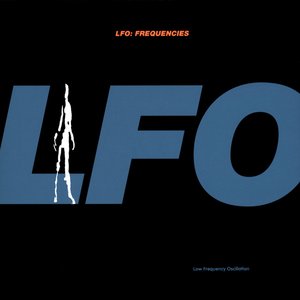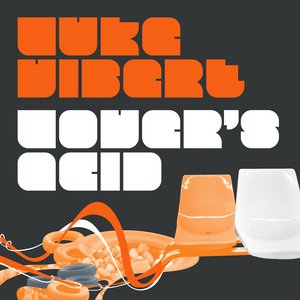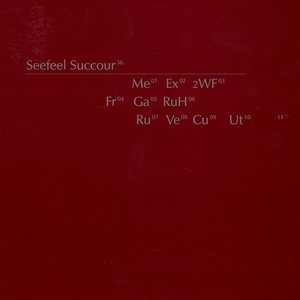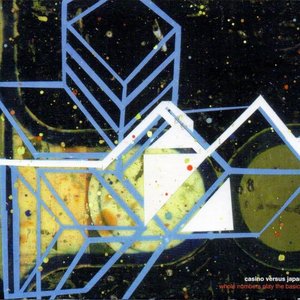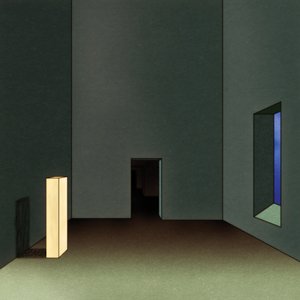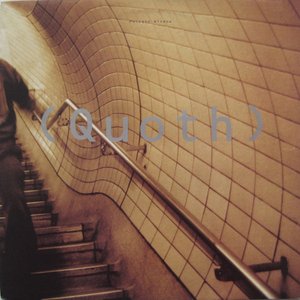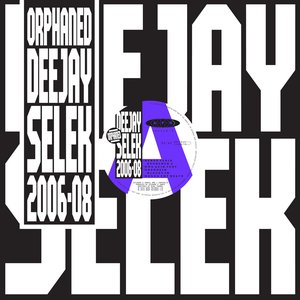Wiki
-
Release Date
11 October 2001
-
Length
30 tracks
Drukqs (stylised as drukQs) is the fifth studio album by Aphex Twin, a pseudonym used by British electronic musician Richard D. James. The album is a double album and peaked at number 22 on the UK Albums Chart, selling 11,476 copies in its first week of release. It was released to divided reception, with many critics dismissing it relative to his earlier work. It would be James' final album under the Aphex Twin moniker until the release of 2014's "Syro".
Drukqs contains tracks dating back "seven or eight years", according to James. The LP is a double album featuring roughly two types of tracks: computer-controlled piano pieces (influenced by Erik Satie and John Cage) and abrasive, fast, meticulously-programmed songs. Many track names are written in Cornish—for example, "Jynweythek" ("Machine")—or are coded titles. James has stated that the title is not related to drugs, and is "just a word made up"; he added "I never wanted to big up any drugs, because I don't reckon they deserve it."
James claimed that he released the album primarily to circumvent a potential leak after he accidentally left behind an MP3 player containing about 180 unreleased tracks on a plane: "I thought, 'They're gonna fucking come on the internet sooner or later so I may as well get an album out of it first.'" He intended it to be his final release as part of his contract with Warp. About the album's two-disc length, James said "the way I listen to music now is that I buy a CD, put it on the computer and just take the tracks I want anyway. I’d hope that people would do the same with this CD."
Of the album's complex drum programming, James said "it's quite similar to guitar solos, only with programming you have to use your brain. The most important thing is that it should have some emotional effect on me, rather than just, 'Oh, that's really clever.'" He added that "A lot of are quite old-style sounding, I reckon. I’ve done loads of tracks which are really new in style and which don’t sound like anything else but I didn’t want to release those tracks."
Some Critics:
-NME: rating, 9/10
Come on you c*** let's have some Aphex acid!" The Aphex army is on the march once more, and this slogan - seen stickered around various Central London tube stations over the past few weeks - is its rallying cry. Made up of ravers, mathmos, classical buffs, art students, druggos and anyone else who wants their music to slip them through the boundaries of boring reality, their poster boy, general, hero and dealer is among them again, with his first longplayer for five years.
And, as ever, Richard D James's pockets are bulging with goodies; 30 tracks and 100 minutes ranging from whipcracking drum'n'bass to the most delicate, early 20th-century-style classical piano interludes. Aphex addicts will fall on them like, well, drugs. The yet to be hooked may be put off by the album's forbidding length and deliberately impenetrable song titles; 'Kladfvgbung Micshk', 'Afx237v.7', 'Gwety Mernans'.
Yet even experienced continuously end to end, 'Drukqs' is not a difficult listen. Punctuated by piano interludes which sound like Erik Satie, it ripples and eddies through whip-smart intellectual techno, gibbering drum'n'bass, early-90s rave and, on 'Btoum-rounada', what sounds like a team of bellringers attempting a backwards version of 'Silent Night'.
Some of it is scary ('Gwarek 2' rings to the sound of someone rattling a stick along a fence, before someone emits a bloodcurdling scream). Some bits are almost cheesy (like the irony-free 80s electro workout 'Bbydhyonchord'). And the part where Aphex's parents sing 'Happy Birthday' to "our little 28-year-old son" ('Lornaderek') might well make you go 'Aww!'.
What 'Drukqs' never is, of course, is boring. It's also beautifully paced. No track sounds like the one before, even though Aphex rarely strays far from the musical palate that's served him so well in the past. And after a few listens, a pattern seems to emerge. Abstract piano pieces always seemed to be followed by some strange Japanese-style ritual music. Stompers arrive at regular intervals. And there are even patterns within the patterns (or is that just the drukqs?). Individual tracks go through several movement, best of all being the brilliant 'Ziggomatic 17', which zips from teeming jungle to four-on-the-floor anthemic rave, ending with a euphoric keyboard wash and a computer sweetly intoning 'Thank you for your attention. Bye…'
'Genius or goat?' moments are few and far between - it's really only in the song titles that Aphex is discernibly taking the piss. (Although 'Bit 4', which consists of nothing more than an electronic groan, maybe qualifies.) But generally speaking, 'Drukqs' wants to seduce you rather than sandpaper your ears. You could even call it beautiful. Now, of course, he's going to have to do something really horrible
-Rolling Stone
RS Rating: ★
Aphex twin, also known as England's Richard James, was once a pioneer of techno and ambient electronic music, and he made records, particularly 1993's gorgeous Selected Ambient Works 85-92, that changed the course of electronic music. But since then, he has bravely charted a course toward tech-noise and slowly veered into unlistenability. With Drukqs, James delivers his most irrelevant album to date: a double CD, thirty-track compendium of indecipherable song titles, gratuitously weird sounds and occasional wisps of ersatz classical piano that are aimlessly pretty. The moody "Kladfvgbung Micshk" sounds like incidental music for a haunted-house movie by Damien Hirst, but tracks like this inevitably lead to tracks like "Cock/Ver 10," a hyperactive splutter of drum-machine beats and deflating video-game drones. The confused and self-indulgent "Gwarek 2" is a seven-minute soundscape that resembles something that Trent Reznor might have recorded after listening to the Beatles' "Revolution 9," then erased the next day. Among fans of IDM, or Intelligent Dance Music, as this sort of stuff is unfortunately labeled, rumor has it that James merely loaded this record with outtakes that have been eating up space on his hard drive for years, then released the album as a deal-breaker with his label, Warp. Or perhaps the explanation for the incoherence of the album lies in its punny, unfunny title. Either way, he should have never done Drukqs, because his new noise mostly just sounds fukqed up.
by: PAT BLASHILL (RS 881 - 11/8/2001)
Album descriptions on Last.fm are editable by everyone. Feel free to contribute!
All user-contributed text on this page is available under the Creative Commons Attribution-ShareAlike License; additional terms may apply.
